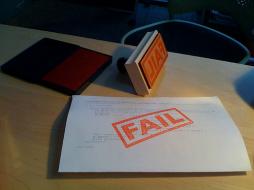Amnesty International has launched a campaign to amplify the voices of poor people around the world. Demand Dignity is an economic, cultural, and social rights campaign for the organization and the online platform, DemandDignity.org, was launched in May 2009. Since then, the site has collected 57,384 comments, or “voices,” from people around the world, via SMS, Twitter, and on the Demand Dignity website.
The campaign attempts to give a voice to people who are living in poverty or who have had their human rights violated, said Sarah Pyke, communications coordinator of the campaign. It enables people to be able to access their rights, hold their governments to account, and to be able to make their voices heard. These aims led to the creation of the DemandDignity.org platform, an interactive website where people can submit audio, video, or text reports and answer prompted questions such as What does living in dignity mean to you?
One response to this question, from Kenya, was, "living somewhere comfortably in terms of shelter, good health care and having sustainable education."
MobileActive.org spoke with Pyke and with Shehzaad Shams, Project Coordinator for onnline communities and e-activism, to hear more about the platform and how it leverages mobile tech.
How It Works
Shams and Pyke said that Amnesty International wanted to make use of the latest technologies in terms of social media, specifically in how technology could be used to amplify voices. The DemandDignity.org platform itself is available in four languages -- English, Arabic, French and Spanish -- and “voices” can be submitted in any language.

